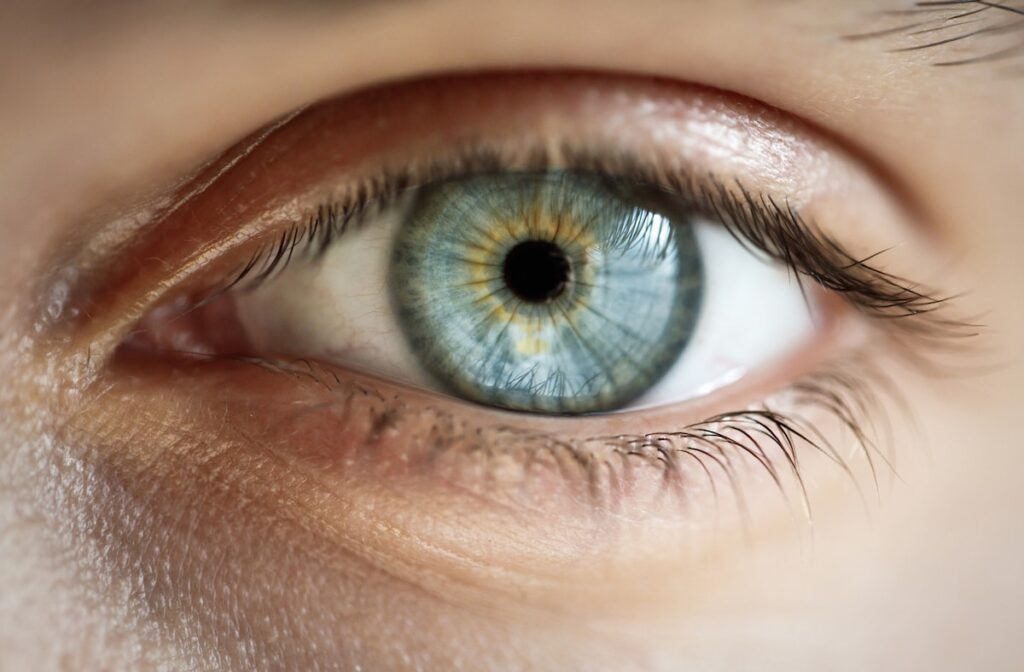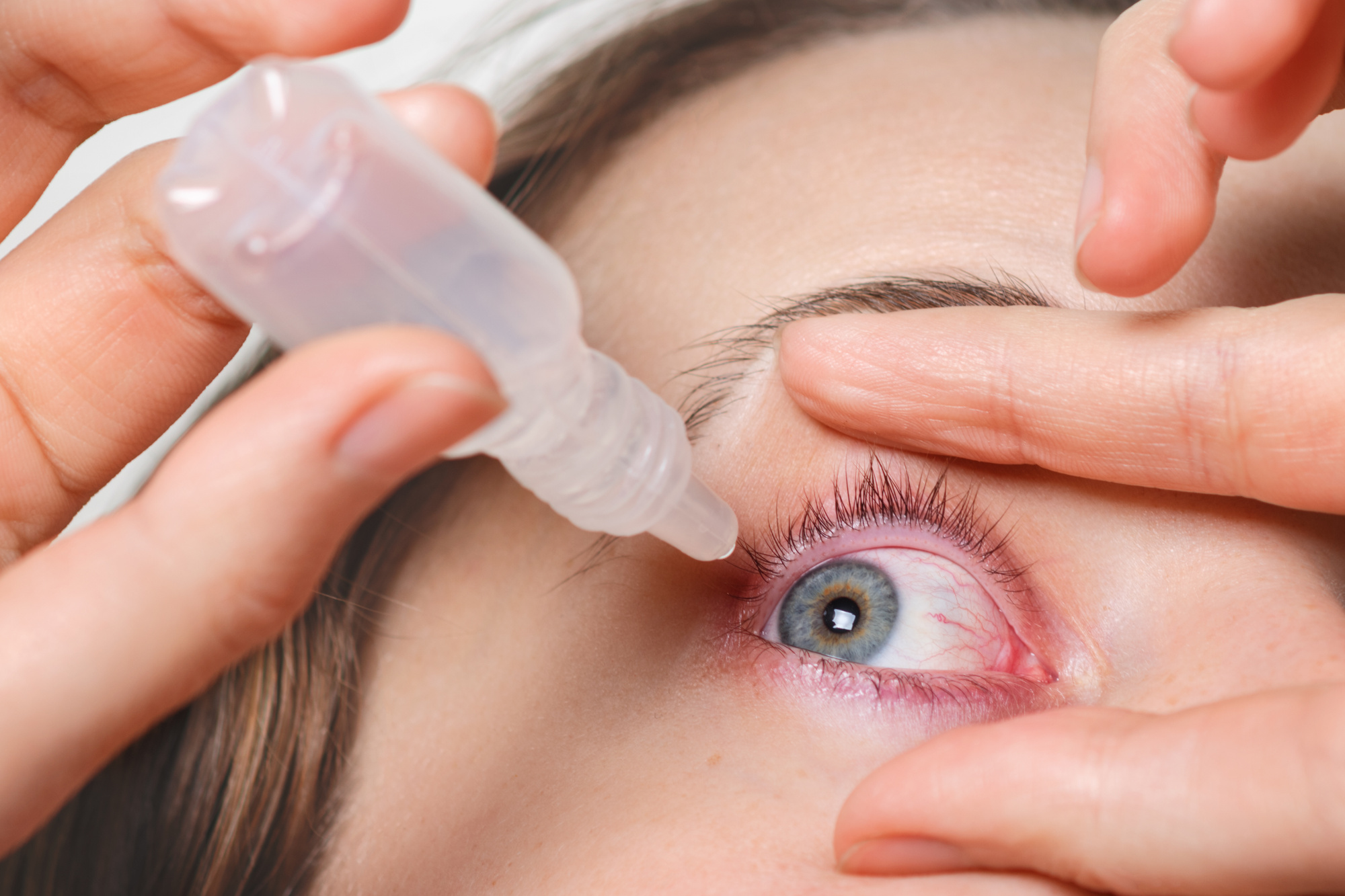According to our Sydney Eye Clinic specialist at Personal Eyes centre, there is currently no cure for glaucoma; however, there are a number of therapies that can either slow down or stop the progression of visual loss. Many people find that using eye drops is the easiest and most cost-effective way to manage elevated pressure in the eye, which is the most frequent cause of glaucoma. Eye pressure may be measured using tonometry.
A glaucoma doctor at Personal Eyes Centre said that a significant percentage of patients are putting their vision in jeopardy by skipping doses of their eye drops or discontinuing their use entirely.
What Is the Connection Between Glaucoma and the Use of Eye Drops?
Glaucoma is known as the “sneak thief of sight” because in its early stages, there are no symptoms associated with the disease. In the same vein, when patients forget to use their eye drops or stop using them altogether, they typically do not notice any immediate consequences or changes in their vision.
Even though they are intended to be used medicinally, many individuals do not consider eye drops to be a kind of treatment.

The specialists at Personal Eyes Clinic have detected a disturbing trend in the local community about the improper usage of eye drops. According to the findings of a study that was carried out in Australia, of the more over 17,000 people who have been diagnosed with glaucoma, 44 percent of patients stopped taking their therapy during the first six months, and this number grew to 52 percent of patients after one year.
Even though they are intended to be used medicinally, many individuals do not consider eye drops to be a kind of treatment. Another glaucoma specialist who works as a consultant at the Personal Eyes Clinic in Sydney notes that it is absolutely necessary for patients who have glaucoma to check with their ophthalmologist prior to making any adjustments to their treatment plan or stopping it altogether.
If your eyes don’t hurt when you don’t wear glasses or contact lenses, it’s probably safe to conclude that your eye pressure is within the usual range if you don’t need therapy.
On the other hand, this is not the case, and more vision loss can and can occur even in the absence of any symptoms. Tonometers are the only instruments that are capable of providing an accurate measurement of intraocular pressure.

Also, some individuals are hesitant to continue the therapy with eye drops since the drops might cause adverse effects such as stinging or discomfort.
However, as is the case with the use of any pharmaceutical product, it is imperative that patients do not quit therapy without first discussing the matter with a qualified medical practitioner; in this instance, the prescribing ophthalmologist or optometrist.
Here are a Few Helpful Hints to Remind People to Take Their Eye Drops.
You should make an effort to establish a routine by doing things like setting an alarm for the same time every day or applying eye drops at the same time every day. Some good examples of routines include applying eye drops first thing in the morning or right after a regularly scheduled meal or show on television.
It could also be useful to find out how long a bottle of eye drops typically lasts and then note a date on the calendar to remind yourself to get more so that you don’t run out.
Eye drops, if used properly and according to the instructions provided by Dr. Cheng, can be a highly successful alternative for the management of glaucoma; nevertheless, he emphasises that it is still vital to schedule frequent eye exams.
Eye drops are one of those medications that have a wide range of possible reactions from patients. It’s possible that eye drops won’t lower eye pressure as much as you’d like them to in some people, or that they’ll lose their effectiveness over time.
In other cases, a different combination of eye drops or glaucoma surgery, such as filtration or drainage surgery, may prove to be the most effective method of treating the condition. An ophthalmologist will be able to advise the patient on the option that is most suited to their needs.

A Few Quick Points Regarding Glaucoma
- Glaucoma is a word that refers to a series of disorders that can damage the optic nerve, which is the nerve in the eye that is responsible for sending information to and from the brain.
- When the optic nerve is damaged, there is a risk of irreversible vision loss. Glaucoma is a condition that, if not treated, can lead to complete loss of vision. This condition is often brought on by a rise in pressure within the eye, which happens when fluid outflow is blocked. Glaucoma can also be brought on by traumatic events or by a limited blood supply.
- Glaucoma is a condition that can affect anybody, but there are certain people who are more likely to get it than others. A person’s likelihood of developing glaucoma increases if they are over the age of 40, have diabetes, high blood pressure, increased eye pressure, extreme short-sightedness, a history of steroid use, a history of previous eye trauma, or a family history of glaucoma. Other risk factors include extreme short-sightedness.
- Around 300,000 people in Australia have been diagnosed with glaucoma.
- In Australia, almost half of those who have glaucoma are not aware that they have the condition.
- Glaucoma is a condition that cannot be cured and must be managed continuously in order to protect the patient’s remaining eyesight.
- Vision Eye Institute advises those who are at a higher risk to have their eyes examined once each year.
- Eye drops, laser therapy, and even surgery are some of the treatment options available. Everyone else should receive an eye exam once every two years, even if they don’t have any concerns about their vision.
Lastly
If you are having any question or inquiry about how to have a correct vision, cataract surgery, Laser eye surgery, laser vision correction, diabetic retinopathy, franzco medical retina, minimally invasive glaucoma surgery, normally clear lens, vision loss, retinal conditions, short sightedness, – you should get in touch with us via our Personal Eyes website to book your free assessment today.
Consider the factors outlined in this blog post, weigh the pros and cons, and most importantly, consult with a Sydney cataract surgeon at Personal Eyes before making the final decision.
More to read: Simple Home Test That Can Save Your Sight

